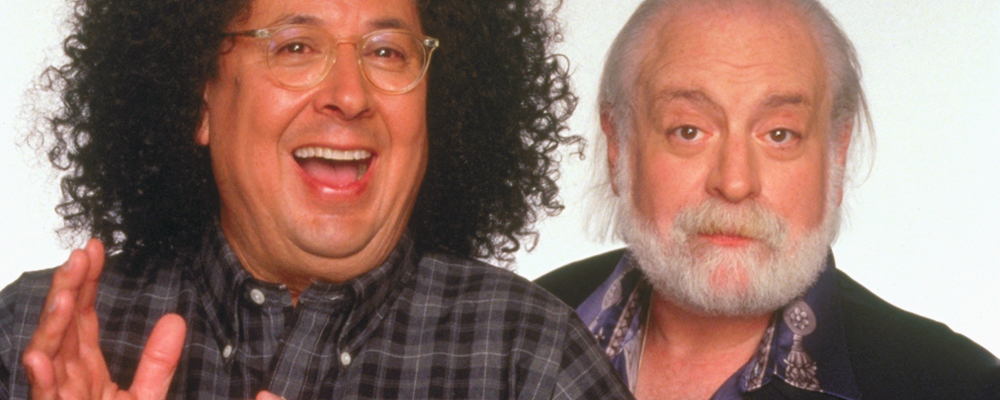This website uses cookies so that we can provide you with the best user experience possible. Cookie information is stored in your browser and performs functions such as recognising you when you return to our website and helping our team to understand which sections of the website you find most interesting and useful.
Business News Digital Labels & Publishers Legal Media
Pre-1972 copyright question heading to California’s Supreme Court
By Chris Cooke | Published on Thursday 16 March 2017

California’s Supreme Court could now put its collective brains to good use to decide once and for all whether the state’s copyright law provides performing rights as part of the sound recording copyright. It’s a question of relevance, of course, to those heritage acts who released music prior to 1972 that is still getting played today.
As much previously reported, the pre-1972 debate has been rumbling on for sometime Stateside. US-wide federal copyright law only protects sound recordings released since 1972.
Unusually, that copyright doesn’t include any ‘performing rights’, meaning artists and labels have no control over if and when their recordings are performed or communicated, which in turn means broadcasters don’t need to get a licence or pay any royalties to the recording rights owners for the music they play. There is, however, a digital performing right, giving labels control when their music is streamed or broadcast via satellite.
What about recordings released before 1972 which are protected by state-level copyright law though? Those laws don’t mention any digital performing right, which means those services affected by that right at a federal level – online services like Pandora and satellite broadcaster Sirius – argued that no royalties needed to be paid when they played golden oldies.
But – some artists and labels argued – perhaps there was a general performing right for sound recordings somewhere in some of those state laws, even if they don’t specifically say so, and even though that would mean AM and FM radio stations should technically have been paying royalties on those older records all these years, and they haven’t.
One time Turtles Flo & Eddie led the legal charge to secure royalties from Sirius and Pandora on pre-1972 tracks of course, launching litigation in three states.
It was in California where the duo secured their big win, with a court there ruling that there probably was a general performing right for sound recordings, even though no label or artist had ever enforced it before. It was a landmark ruling that forced both Sirius and Pandora to agree settlements with the wider record industry, especially once a New York court indicated there was likely a performing right under that state’s copyright law as well.
Then late last year an appeals court in New York overturned that latter decision, deciding that it would be silly to suggest there had been a performing right lingering in the state’s copyright regime all these years that no artist or label had ever thought to enforce.
Meanwhile, back in California, where the original landmark ruling came in Flo & Eddie’s litigation against Sirius, Pandora continues to fight the duo’s legal claim against it over those pre-1972 tunes, and now the Ninth Circuit Court Of Appeal has asked the state’s Supreme Court to rule on the matter once and for all.
The Ninth Circuit said this week that it felt this was a matter on which the Supreme Court should express an opinion. Requesting such an opinion “is warranted if there is no controlling precedent and the California Supreme Court’s decision could determine the outcome of a matter pending in our court”, the appeals judges wrote. “This appeal not only meets both criteria, but also presents an issue of significant public importance”.
They went on: “As an incubator of both musical talent and technological innovation, California has a significant interest in the appropriate resolution of [these] questions. Resolution of these questions will likely affect the state and industries within the state in a variety of ways, and is therefore best left to the California Supreme Court”.
The issue has also now bounced up to the supreme court in the third state where Flo & Eddie sued over pre-1972 royalties, Florida, though the case in California will likely get more attention, partly because it was where the original ruling in the duo’s favour occurred, and because – as the Ninth Circuit judges said – it’s a state that is home to key players in both the music and tech industries.
It remains to be seen if the California Supreme Court accepts the Ninth Circuit’s questions and, if they do, what the answers may be.





